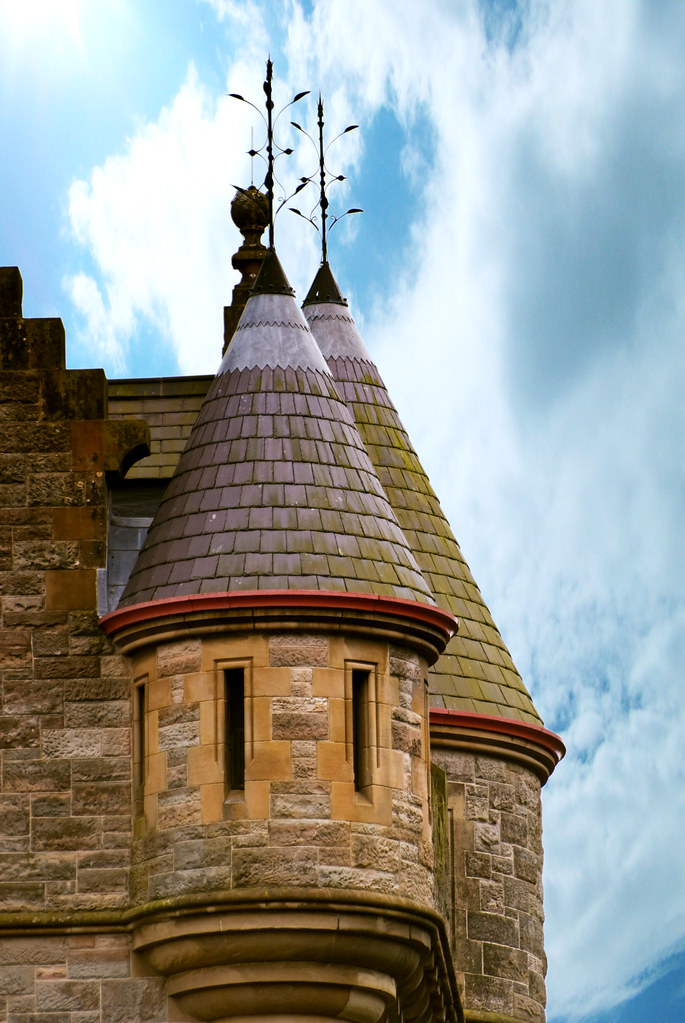
Belfast Castle Turret One of the turrets on Belfast Castle… Flickr
Castle turrets are also known as small towers like an added structure that was vertically designed to rest on the main castle structure. There were different types of turrets built during medieval times. A Bartizan was a smallish turret built at the corner of a towering wall.
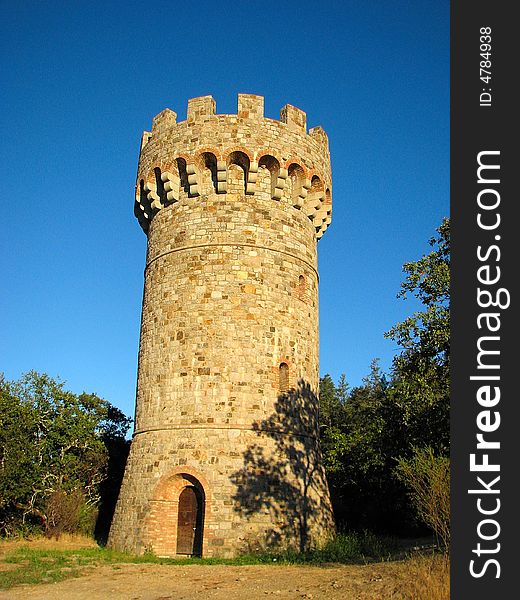
Castle Turret Free Stock Images & Photos 4784938
Turret (highlighted in red) attached to a tower on a baronial building in Scotland. In architecture, a turret is a small tower that projects vertically from the wall of a building such as a medieval castle.Turrets were used to provide a projecting defensive position allowing covering fire to the adjacent wall in the days of military fortification.As their military use faded, turrets were used.
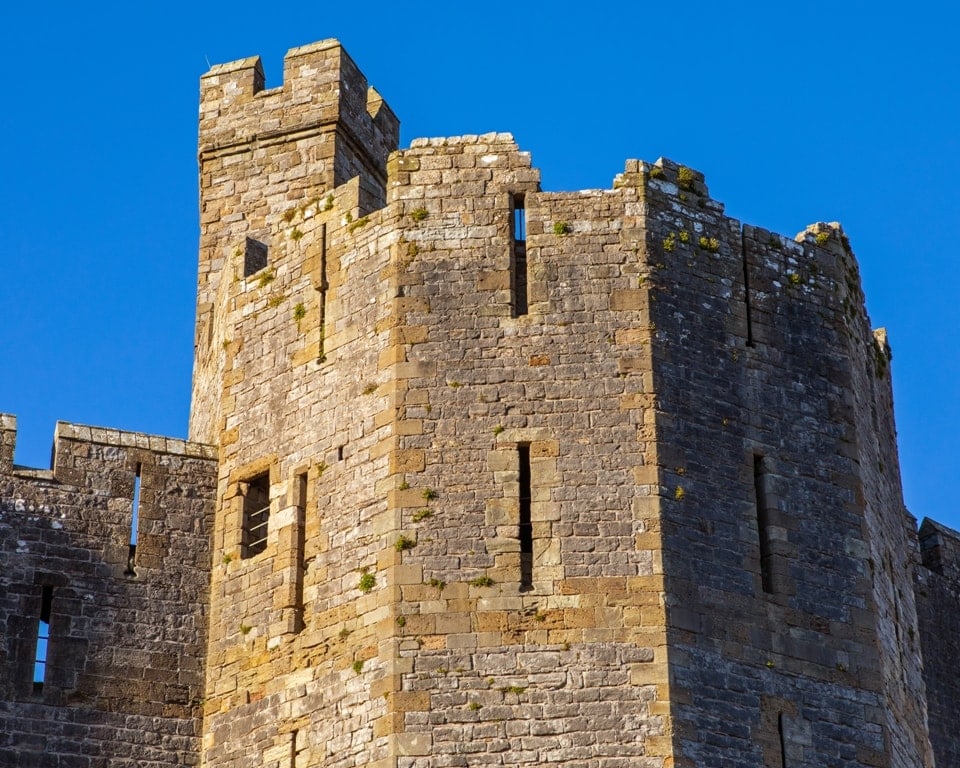
Castle Turrets Explained Historic European Castles
Castle turrets are different from towers in the following way: Castle turrets are attached to the top of the castle and supported by corbels, whilst castle towers are entire structures built from the ground. Also, a castle tower may or may not be attached to the castle itself, but a castle turret is always an offshoot of the main building..
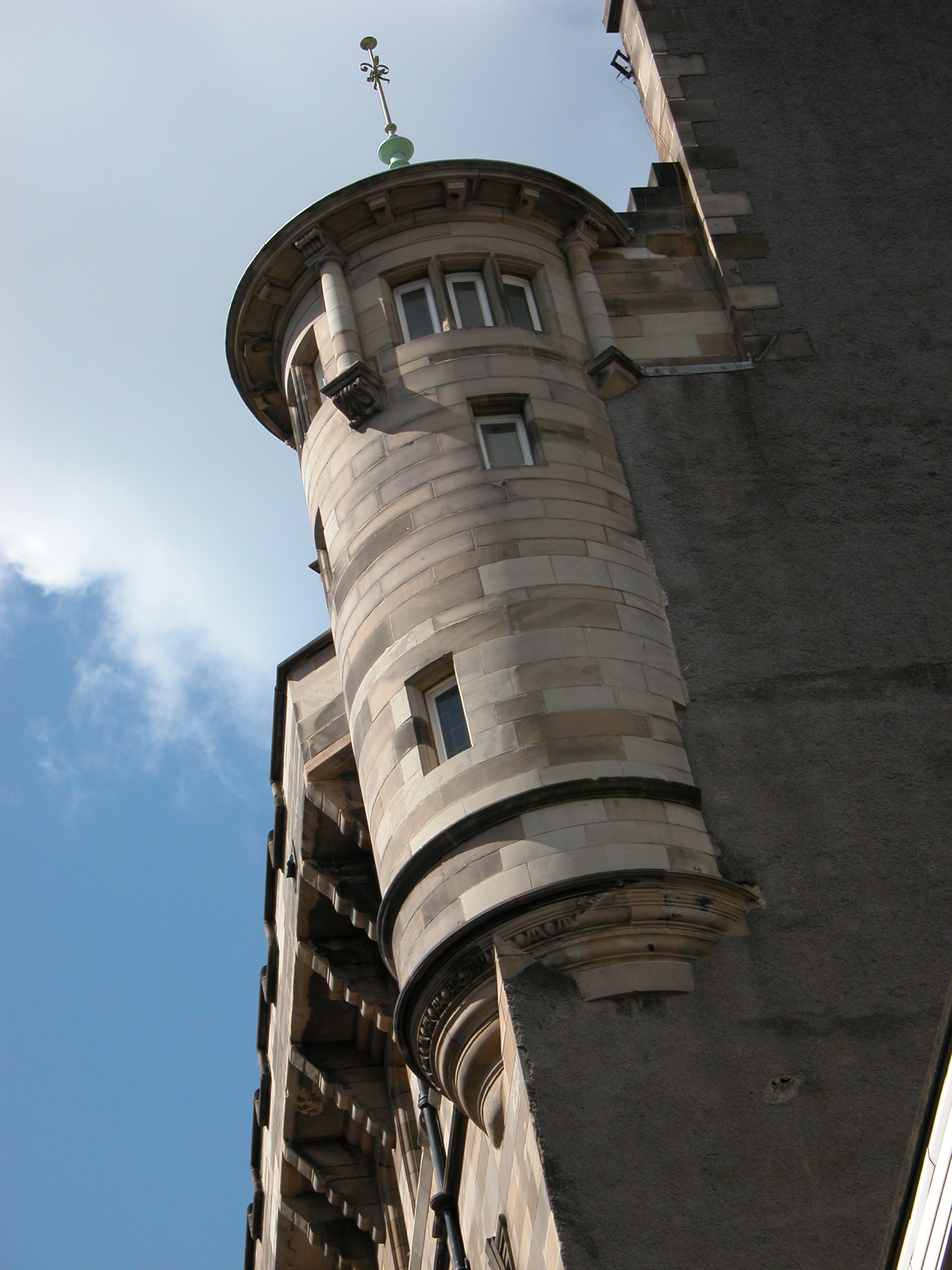
Image*After images castle turret round rounding edge tower princess captive
Castle turrets are essentially small towers that were built into medieval castle fortifications, most typically walls and towers. The name 'turret' comes from the Italian torretta, meaning 'little tower', and the Latin word turris meaning 'tower'.. Castle turrets developed out of the need for increased defensive capabilities and were highly effective in providing defenders with a.

penrhyn castle turret
Castle turrets also had a defensive gate at the bottom, leading to the walls and into the castle's interior. One of the most notable examples of this can be seen in the famous Tower of London, which had multiple turrets connected to its main walls. Overall, castle turrets played a vital role in the defense system of ancient castles.

Castle Turret HighRes Stock Photo Getty Images
The castle turret gave castle guards advanced warning of an attack on the castle. The castle turret allowed the lord and military in the castle to get prepared for an attack or siege. The views from the castle turret let the king and his soldiers know when it was safe to leave the castle. A Turret's main purpose was as a lookout point
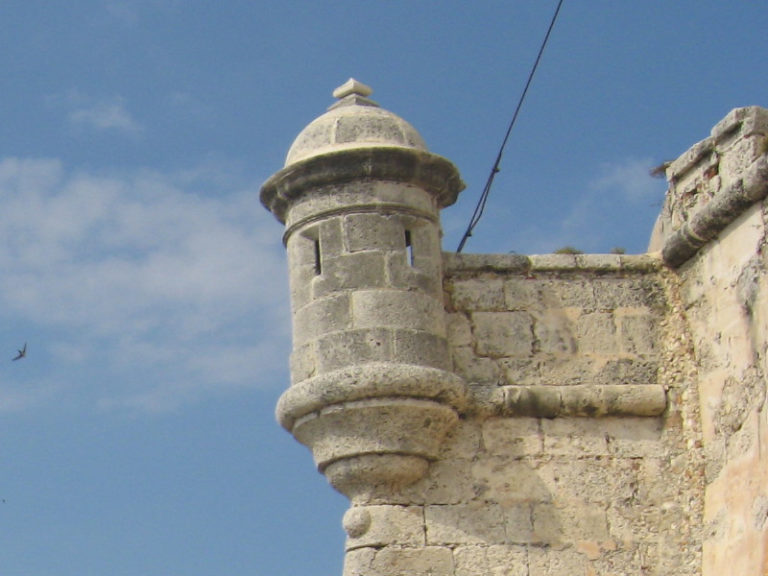
Parts of a Medieval Castle The Turret Medieval Britain
However, turrets survived as an architectural feature, most notably in the Scottish Baronial style which became popular in the 16th and 17th centuries and can be seen on many grand houses, tower houses, and small castles. Turrets also survive into the modern-day too and can be seen on residential and commercial structures.
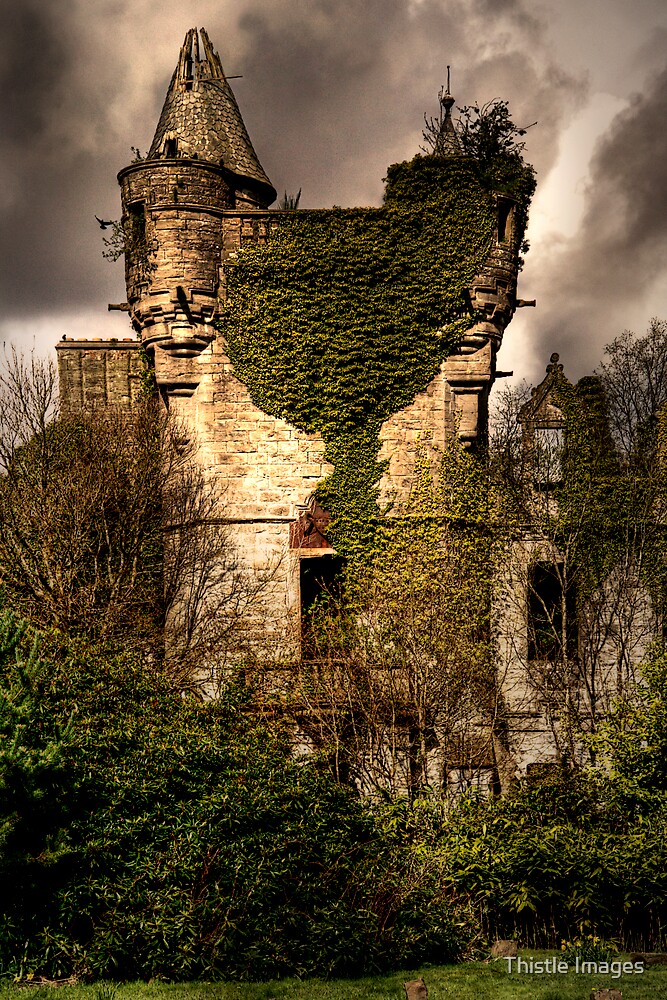
"Castle Turret" by Thistle Images Redbubble
Turret rooms in castles, palaces, older homes and even those built in newly built houses today are fun - a small office, reading nook, small kids play room, etc. This was a super fun article and photo collection to put together. Table of Contents Show What is a turret? A turret is a small tower on top of a tower or attached to a side or.
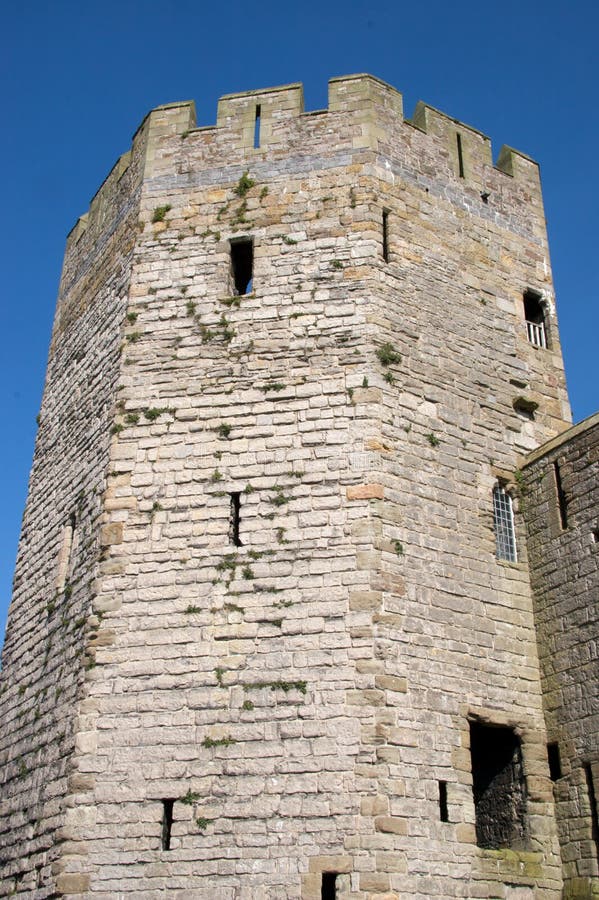
Castle Turret stock photo. Image of united, battlement 14671910
The result is small houses that look like castles. The turrets are a notable aesthetic feature of this house style, sometimes likened to a "crown" on the house. Queen Anne style homes with turrets.
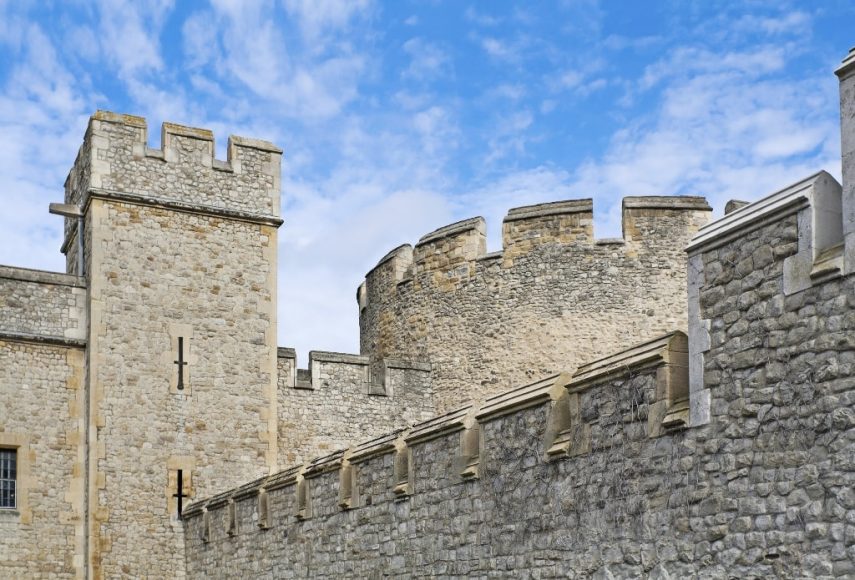
Castle Turrets Explained Historic European Castles
The courtyard of a castle containing the principal buildings, including sometimes a tower keep, which may be surrounded by its own fortified wall. Wattle & Daub. The combination of clay or earth (daub) with a strengthening latticework of wood (wattle) which was used in buildings instead of more expensive stone.
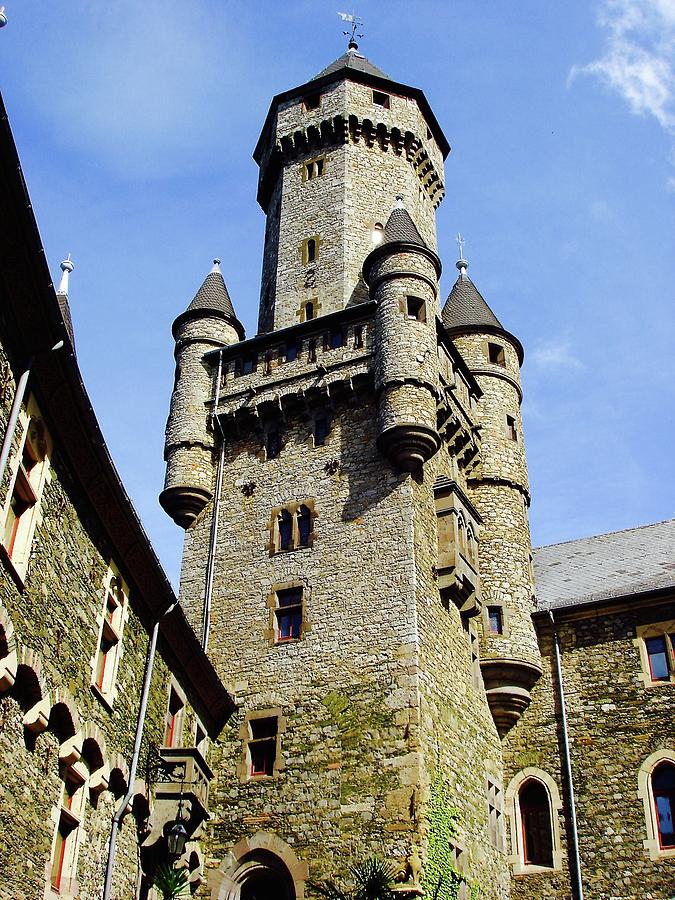
Braunfels Castle Turret 2 Photograph by Chuck Stewart Fine Art America
Turrets often look best when they reflect their origins as lookout posts. To give guards the best view of the surrounding countryside, medieval builders extended these rooms beyond the main castle walls and built them in a circular shape. Today, the space inside a circular turret provides a spectacular sweep-around view of a neighborhood or yard.
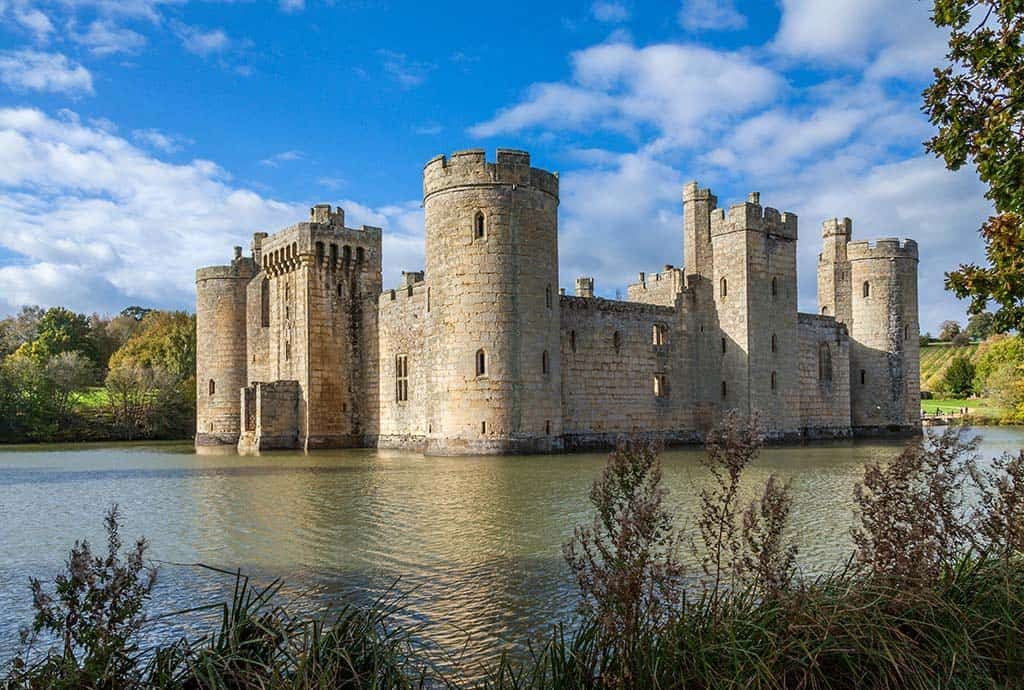
10 Castles with Turrets to Visit — Historic European Castles
Purpose of Castle Turrets "Castle Turrets", by Thomas Quine, is licensed under CC BY-SA 2.0 Castle Turrets were constructed to achieve the military purpose. These were designed to serve as bartizan (a battlemented parapet or an overhanging corner chamber at the castle's top) and improve soldiers' view of the tower adjacent to them and fire at besiegers who gather at the base of those.

Turret definition and meaning Collins English Dictionary
A castle turret is a small tower rising above and resting on one of the main towers, usually used as a look out point. The triple-turret Eagle Tower at Caernarfon Castle (below) is a famous Welsh landmark. Return to the Glossary of Castle Terms.
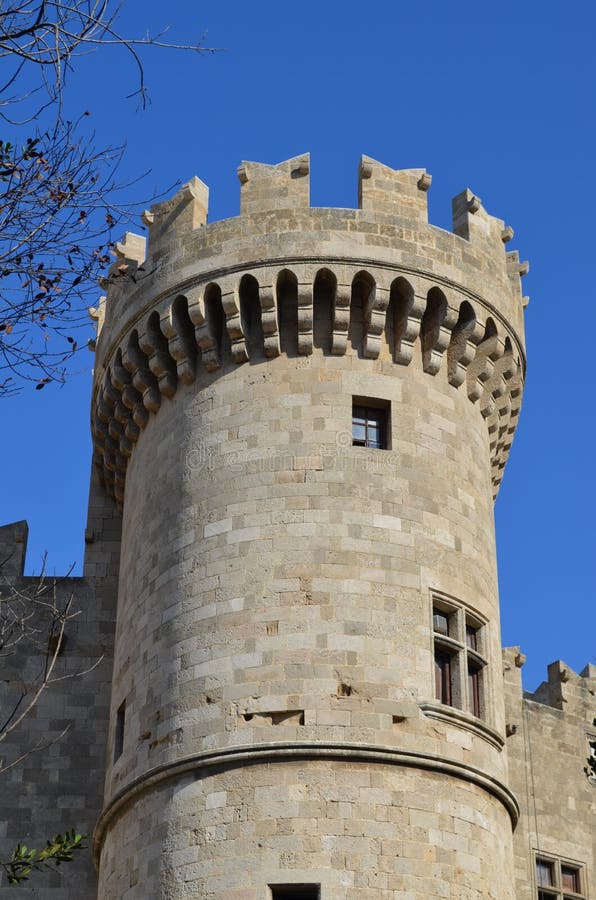
Castle Turret stock photo. Image of power, ancient, turret 53578094
The castle tower dates back to the 12th Century, according to John Vaughan, who works at the site. Mr Vaughan said seeing the rubble was "a bit traumatic" and rebuilding the tower would take "a.

PHOTOS First Pair of Repainted Turrets Complete on Cinderella Castle at the Magic Kingdom WDW
tur·ret / ˈtərit / • n. 1. a small tower on top of a larger tower or at the corner of a building or wall, typically of a castle. ∎ a low, flat armored tower, typically one that revolves, for a gun and gunners in a ship, aircraft, fort, or tank. ∎ a rotating holder for tools, esp. on a lathe. 2. (also turret shell) a mollusk (Turitella and other genera, family Turitellidae) with a long.

New Cinderella Castle turrets Photo 6 of 8
While modern castles are a rarity, the architectural style of these storied structures can still be found around the world for those who seek it —and turrets are just one of these magical elements. Primarily constructed on medieval castles, these distinct exterior towers were historically used for scouting and impeding attacking enemies.